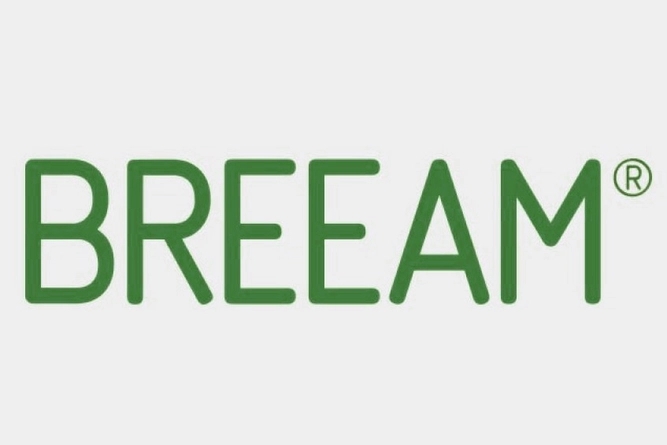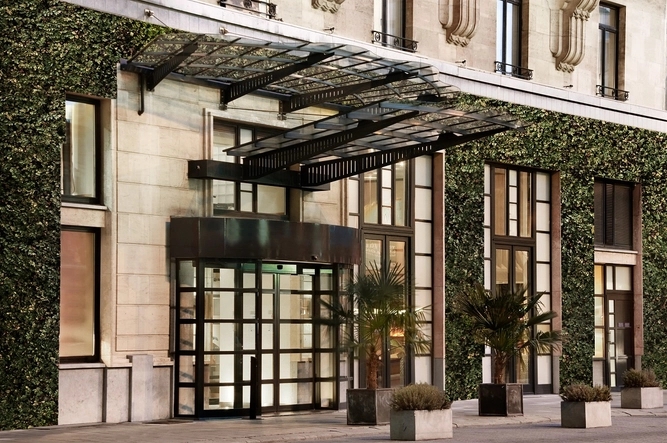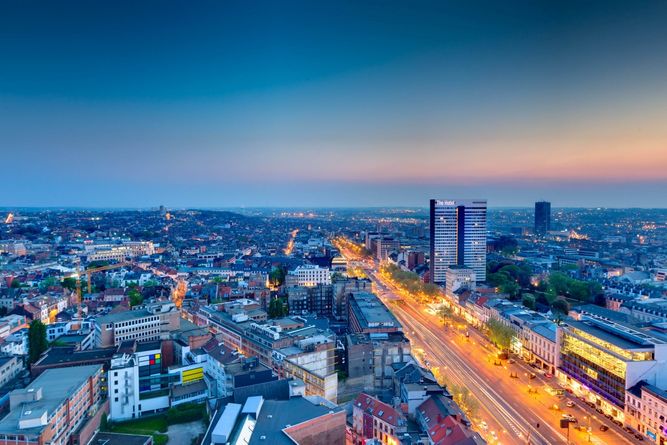Green investment programme for Pandox-operated hotels
In 2023 Pandox's Board of Directors decided on an investment programme for climate change of approximately MEUR 29 with the aim of achieving the emission targets for Scope 1 & 2
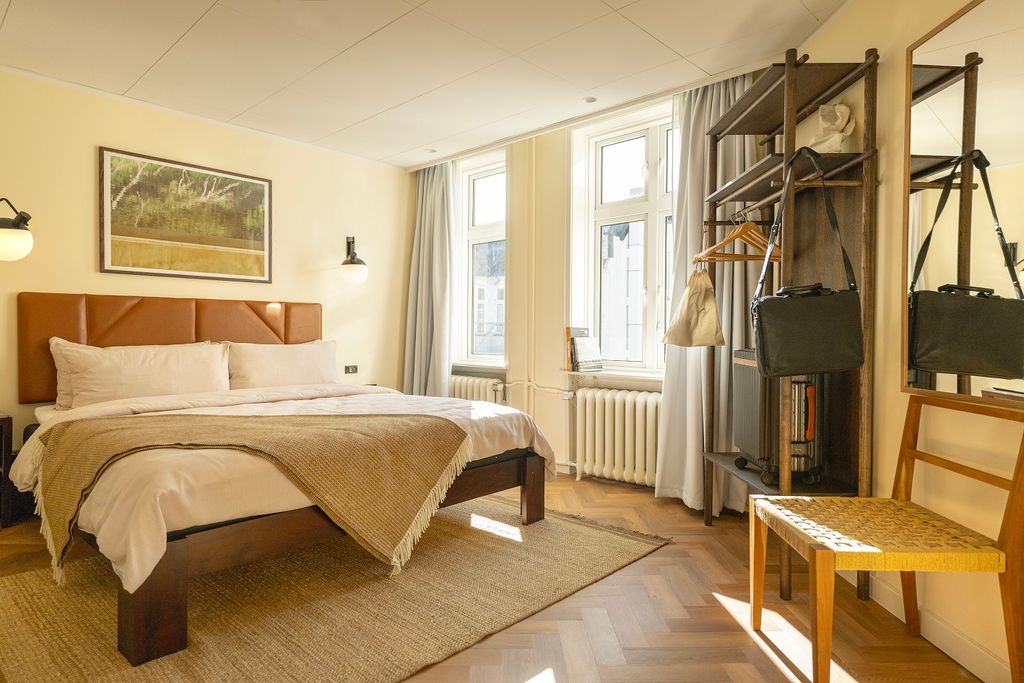
Pandox Green investment programme
Scope 1 & 2
For the Own Operations business segment (Scope 1 and 2), the Board of Directors approved a climate change adaptation programme of approximately EUR 29 million for elven properties. The programme includes the phasing out of gas and oil, energy efficiency and an increased share of renewable energy.
To reach this goal, phasing out gas is expected to account for 20 percent, behavioural change which also includes occupancy sensors in, for example, guest rooms and meeting rooms for 15 percent, property automation for five percent, and new and additional solar panels for two percent. In 2024 the focus was on detailed analysis and pilot projects in order to procure and implement effective solutions in 2025.
During 2024, in-depth detailed studies were carried out in order to evaluate the opportunities for installing heat pumps and solar panels. The decision was made to test two different heat pumps in order to comply with future statutory requirements set out in the regulation on fluorinated greenhouse gases (the F-gas regulation) and to take into account potential future PFAS requirements. In addition, solar panels will be installed on three new properties and expanded on two of the hotel properties. A number of other pilot projects have been carried out relating to building automation and AI solutions for controlling the indoor climate. For example, occupancy sensors have been installed in 25 percent of the guest rooms of a hotel in order to regulate energy use. Results have shown up to 20 percent savings for guests staying one night.
Pandox has therefore implemented a green module in the system where hotel general managers monitor elements such as revenue and guest nights on a daily basis. In the module the sustainability targets are broken down into the six categories that have the greatest impact on the hotels we operate: energy, water, waste, food waste, towels and linens, and chemicals. Activities that are expected to make the most impact have been linked to each category. The categories are weighted according to materiality using an aggregate index of 1–10. The aim was to reach at least level 8 for 2024.
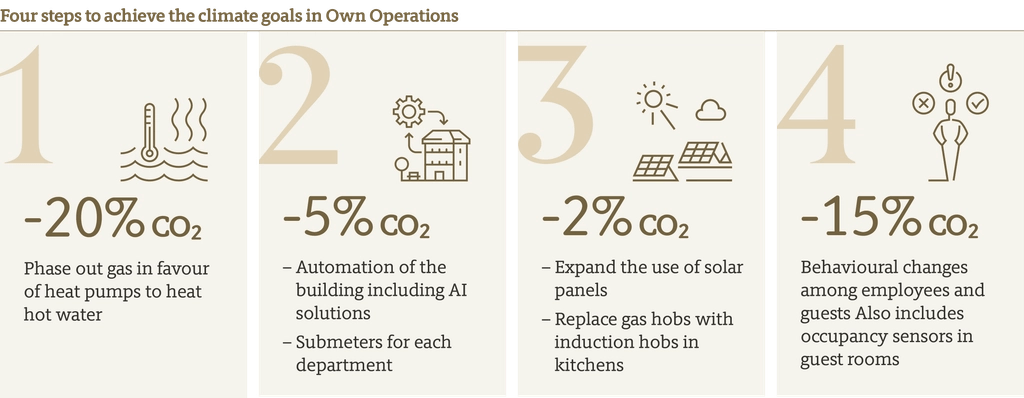
When the project is completed in 2027, Pandox is expected to be in a good position to achieve the science-based emission targets for Scope 1 and 2 and generate annual savings of around EUR 3 million.
Scope 3
The climate transition plan for Scope 3 is currently being produced. Similar initiatives as for Scope 1 and 2 will be implemented here as well. There will also be projects to reduce
emissions during renovation and remodelling by, for example, prioritising sustainable materials choices and reduced waste. This is important because bathroom upgrades are the most common form of renovation carried out by Pandox. A partnership has therefore been initiated with Scandic to develop guiding principles that integrate climate aspects into bathroom renovations. The goal is to prioritise upgrades over
tearing out fully functioning bathrooms, which is to become standard practice. The aim is to reduce emissions and contribute to achieving the science-based target for Scope 3 without compromising on guest comfort, design or operating costs. Test bathrooms have been developed, and an agreement is expected to enable a broad roll-out of the new concept. Around 600 bathrooms are planned to be renovated for Scandic in the period up to the end of 2026.

